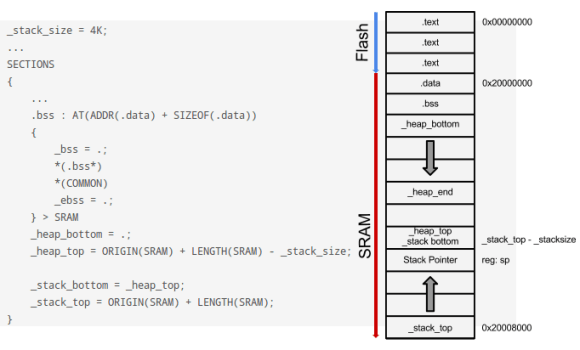There’s a fun buffer overflow problem in the Glibc __vsyslog_internal() function. This one’s a real rollercoaster, because logging vulnerabilities are always scary, but at a first look, it seems nearly impossible to exploit. The vulnerability relies on a very long program name, which can overflow an internal buffer. No binaries are going to have a name longer than 1024 bytes, so there’s no problem, right?
Let’s talk about argv. That’s the list of arguments that gets passed into the main() function of every Linux binary when it launches. The first string in that list is the binary name — except that’s a convention, and not particularly enforced anywhere. What really happens is that the execve() system call sets that list of strings. The first argument can be anything, making this an attacker-controlled value. And it doesn’t matter what the program is trying to write to the log, because the vulnerability triggers simply by writing the process name to a buffer.
There is a one-liner to test for a vulnerable Glibc:
exec -a "`printf '%0128000x' 1`" /usr/bin/su < /dev/null
and the Qualys write-up indicates that it can be used for an escalation of privilege attack. The good news is this seems to be a local-only attack. And on top of that, a pair of other lesser severity issues were found and fixed in glibc while fixing this one.
Continue reading “This Week In Security: Glibc, Ivanti, Jenkins, And Runc”












